STEM/STEAM: Science, Technology, Engineering, Math and the Arts
Here you'll find articles and resources for STEM+Arts education, also known as STEAM. Topics include science, technology, engineering, math and arts education and range from research reports to feature articles to profiles of makerspaces to news about new STEAM and STEAM initiatives in schools.
Christopher Kerr, president of the Connecticut Computer Science Teachers Association and a computer and information science teacher, shares his practical tips for engaging students with the exciting world of computer science and supporting them to realize their full potential.
Education technology provider GoGuardian has launched new digital learning tool designed to encourage both independent learning and collaboration. The tool, Giant Steps, provides a gamified learning experience across different subjects.
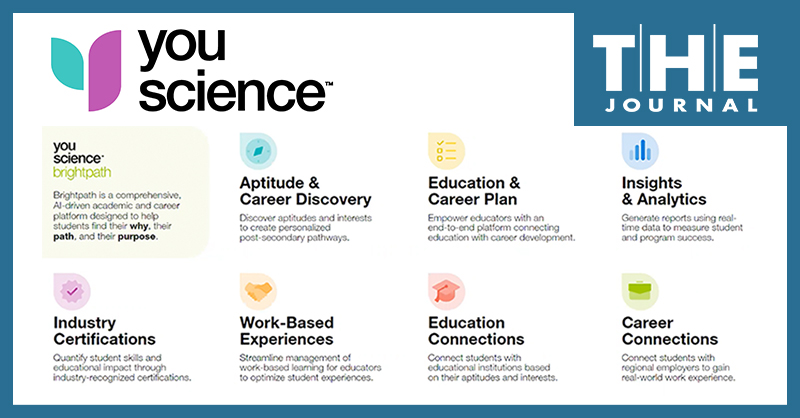
Career training and aptitude assessment provider YouScience has launched a new education-to-career platform for K–12 students called Brightpath that helps students identify their natural aptitudes and skills, identify the learning path and school coursework best aligned to their aptitudes and future career opportunities, connect with post-secondary programs matching their aptitudes and interests, find internships and jobs matching their aptitudes, and even earn CTE certifications.
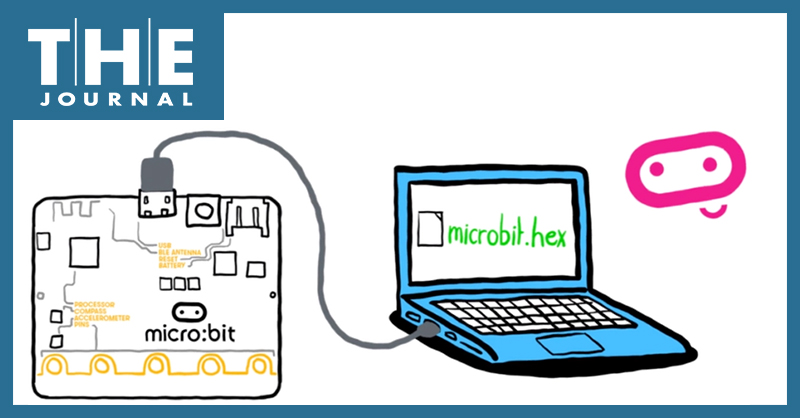
At this California school district, a new weekly prep period for all teachers opened the door for four Teachers on Special Assignment to travel to each campus and teach Computer Science to primary students once a week — here's how the TOSAs (with no formal training in computer science) dove into the new subject to add computer science instruction to every classroom grades K-6.
New ed tech company Propello has launched with the goal of helping budget-strapped school districts provide access to standards-based, high-quality curricula and teacher support for no or little cost.The company has also debuted two of its upcoming K–12 curriculum offerings in middle school science, with plans to expand well beyond that.
The top 20 most in-demand skills required by U.S. organizations are all computer-science based. Industries globally continue to voice their concern over the lack of tech skills among high school and college graduates. The skills gap is so large that with the right skills, students can almost walk out of school and into a highly lucrative career.
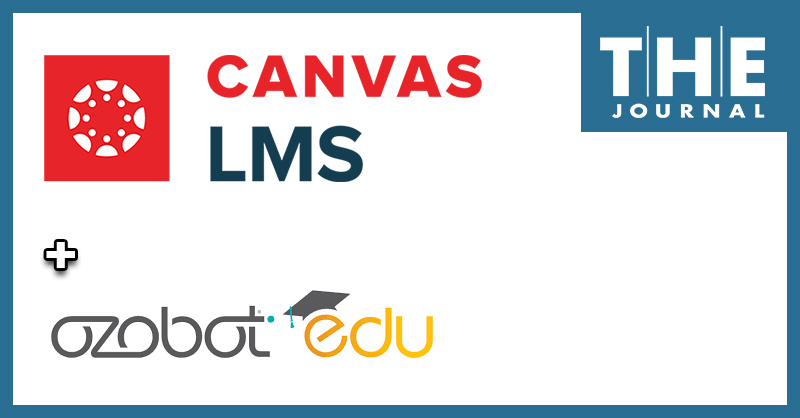
Ozobot, maker of programmable robotics and STEAM-based learning solutions for K–12, has integrated its Ozobot Classroom with Instructure’s Canvas learning management system — enabling quicker and seamless access for educators using Canvas quicker access to Ozobot Classroom content that is ready to use, the company said.
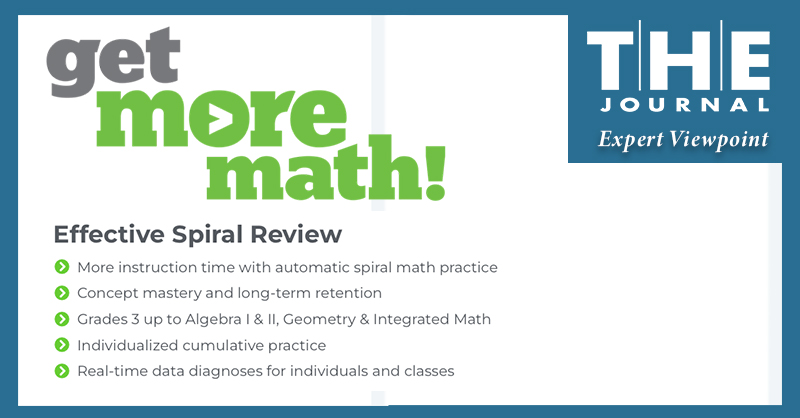
Students need to learn not only math shortcuts, processes, and formulas — they also must learn the underlying concepts behind them. Students need a deeper conceptual understanding of math so they can transfer their knowledge to new contexts and are less prone to making mistakes. They also need more time for learning math in school and more focus on long-term retention.
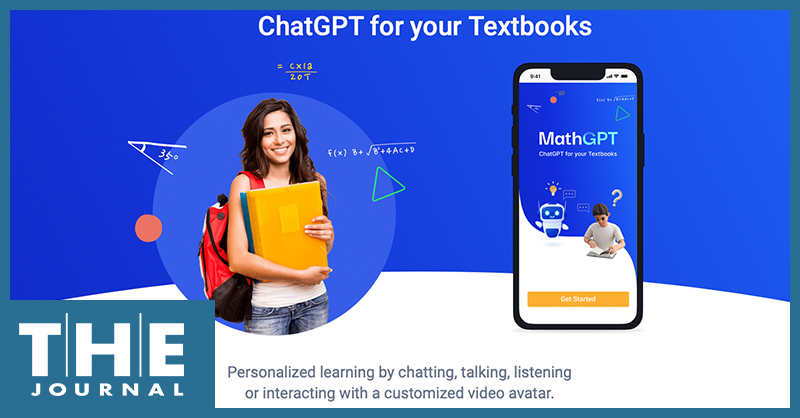
PhotoStudy, an on-demand 1:1 tutoring solution developed by Hung Tran in 2015, said it can now transform any math textbook by any publisher into a “MathGPT” chatbot that works similarly to the groundbreaking ChatGPT tool making headlines in recent weeks.
3M and Discovery Education have announced open applications for the annual 3M Young Scientist Challenge and a new Alumni Network and Alumni Grants Program.